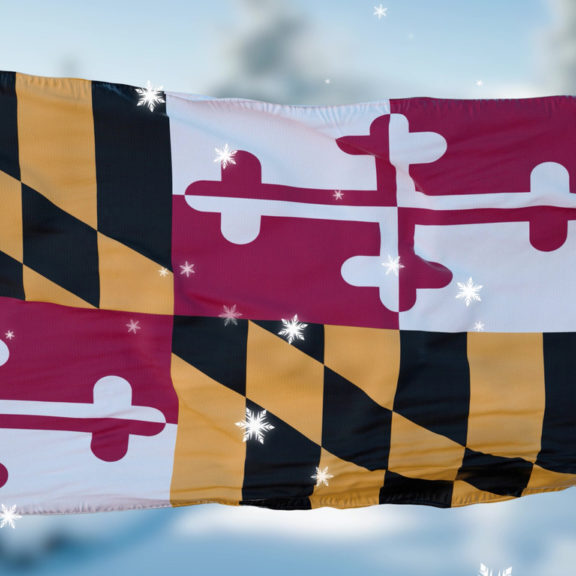Insights < BACK TO ALL INSIGHTS
Maryland Legislature Poised to Send Sports Gambling Bill to the Governor
Maryland Legislature Poised to Send Sports Gambling Bill to the Governor
By: George Calhoun
As part of the 2020 election, Maryland voters approved a Constitutional amendment to allow sports betting. In February, I reported on the Maryland legislature’s efforts to pass a new bill to legalize and regulate sports gambling. The state passed another milestone yesterday when the Maryland Senate unanimously approved a new sports wagering bill. The bill is the result of a compromise reached between the House and Senate. The House is expected to approve an identical bill, sending it to the Governor for his signature. Governor Hogan is expected to sign the bill into law.
Although the newly passed bill retains many characteristics of the House bill introduced in February, particularly the preferences for women and minority owned businesses, it significantly alters the license structure.
The legislation envisions a new licensure process – along with additional fees to the state – pursuant to which the State will offer three separate classes of licenses:
- A-1 and A-2 retail gaming (applies to existing casinos, tracks, and professional sports teams, which will be guaranteed such a license)
- B-1 and B-2 retail gaming (guarantees licenses for off track betting locations, Timonium Fair Ground) – 30 licenses total will be granted.
- Mobile – 60 licenses total can be granted.
This represents a significant expansion in the number of proposed licenses, which previously stood at five class b licenses and ten mobile gaming licenses. The Class A-1 licenses are limited to existing casinos (i.e. operators of more than 1000 video lottery terminals) and the owners of certain professional sports teams. Although the bill contains preferences for minority and women owned gambling businesses, owners of professional sports teams for women arguably are left in the cold. Class A-1 licenses are only guaranteed for owners of NFL, NBA, NHL, and MLS teams that lease a stadium in the state.
Class B-1 licenses appear to be for existing track, bingo, and simulcast betting locations. Class B-2 licenses are for small businesses that have less than 25 full time employees or less than $3 million in annual gross receipts. The legislation provides for up to 30 total Class B licenses. This will make many small venue operators happy, though the overall number of available licenses will be low.
Although it increased the number of licenses available, it also significantly increased the fees. The application fees for a Class A-1 and A-2 license are $2 million and $1 million respectively, up from $250,000 in the prior bill. The Class B ($50,000) and mobile gaming ($500,000) application fees remain the same. The geographic limitations from the prior bill were also lessened.
As a result of these changes, we expect to see a more robust, competitive sports gaming industry forming in Maryland. Operators will likely seek to capture market share early with the sort of aggressive marketing campaigns that we have seen in Virginia and other states to legalize sports gaming in recent months.
Because the legislation creates strong preferences for woman owned and minority owned business participation, many existing operators are likely to look for partners (if they haven’t already) before jumping into the new market. The legislation creates those preferences by: (1) establishing a fund to support minority participation in the sports betting industry (including 5% of the fees from the Class A licensees), (ii) encouraging “early access” to mobile sports betting to businesses that have a meaningful minority or woman business partnership, and (iii) directs the licensing authority to evaluate minority/woman partnerships. The legislation expressly recognizes that this may create equal protection concerns, and thus expressly provides that compliance with its “minority business enterprise program” is required only “to the extent practicable and authorized by the United States Constitution.” We expect most prospective licensees to seek minority partnerships and contractors rather than to challenge the law, but if all the licenses are snatched up quickly, this could be a fertile ground for future litigation. That possibility may have been one of the reasons for the increase in the number of licenses available.
We expect that sports gaming will be up and running quite quickly once the governor signs the bill. Once that occurs, the race will be on to obtain one of the limited number of licenses. Given the expansion in the number of available licenses, the market may have sufficient capacity to accommodate all of the significant players looking to enter the market, which will increase competition and application revenue for the State. Interesting days are ahead.





